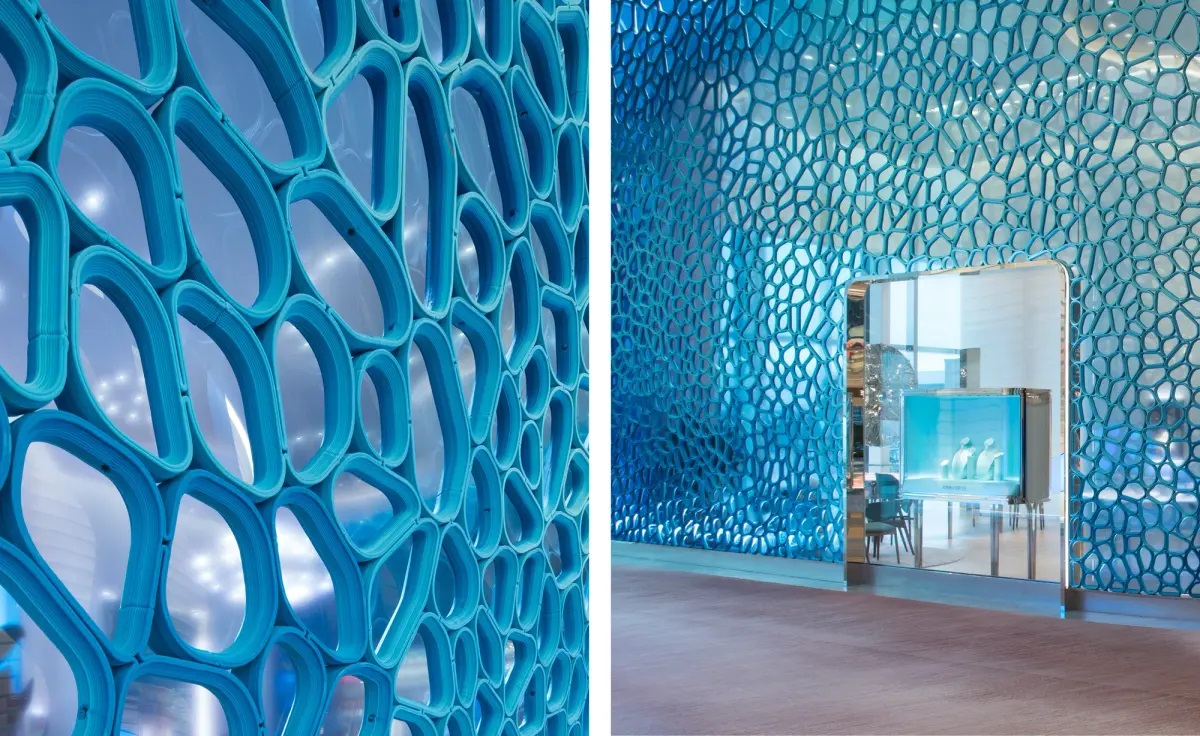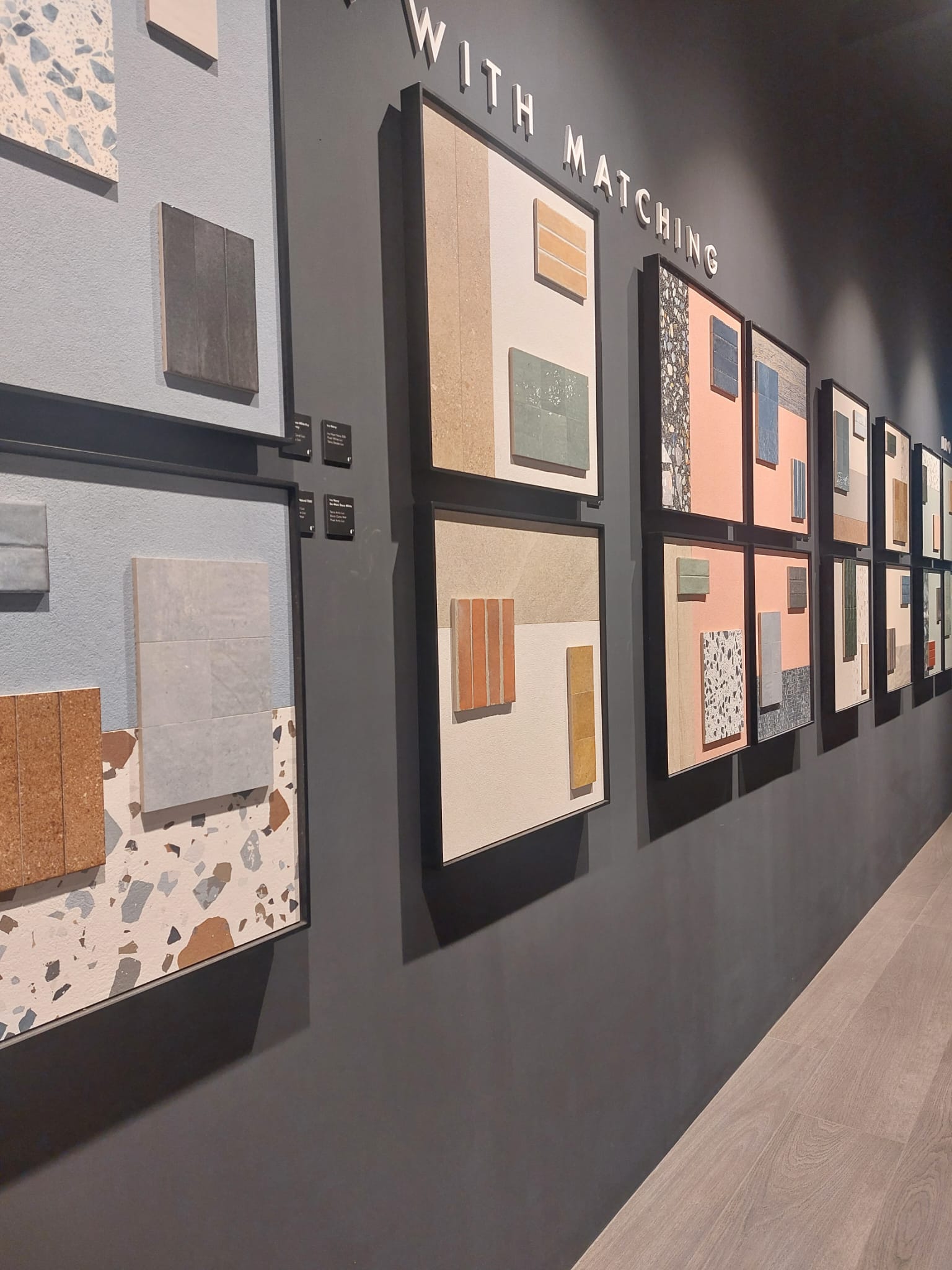
Circular materials for the ecological transition in the furniture sector
The demand for sustainable products is growing strongly in the furniture market. Optional or mandatory certifications are now fundamental requirements in architecture and interior design, so much so that the procurement of furnishings, accessories and finishes explicitly requires the satisfaction of precise sustainability parameters in projects in different fields – hospitality, health, retail, office and residential.

It is in this context that training and support initiatives for companies in the wood-furniture sector are born, first of all the FederlegnoArredo “FLA Plus” project. “FLA Plus” is a strategic plan on sustainability to support and respond pragmatically to the needs of companies that face the challenge of the ecological transition.
Reforestation projects, green training kits, the Italian Wood Exchange to bring together demand and supply of timber in our country, support in the management of certifications, circularity tools and sustainable balance sheets, are just some of the concrete projects available in a real scheme of supply chain for a shared path.
To these is added a library of sustainable materials, in collaboration with Materially: the circular economy places the emphasis on matter and on conscious procurement choices. To accelerate its knowledge and implementation, FLA is developing a digital tool with the aim of helping associated companies in the choice of materials, thus improving the environmental profile of the products.

In the same direction goes another initiative proposed by Materially together with Designtech Hub, a point of reference for the ecosystem of design innovation, which on Tuesday 29 November hosted the first workshop on carbon neutral design in its spaces, with the participation of Cosmob and LendLease.
The workshop, moderated by the Materially team, offered an opportunity for comparison and discussion on the most heartfelt requests in the Designtech community on the subject of product sustainability, inviting people to think about the paths and solutions available.

The debate gave rise to very interesting ideas that spontaneously covered the most important issues with respect to sustainability in the wood-furniture sector: durability, recyclability, traceability, carbon footprint, but also bio or recycled content, packaging, etc.
If you are interested in workshops and other training sessions on sustainability, write to us.


